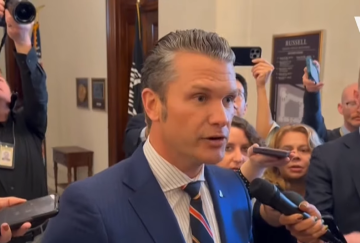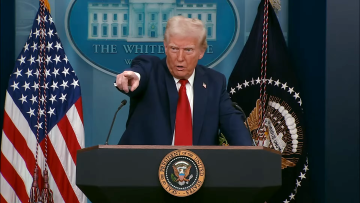European politicians reacted sharply to U.S. Defense Secretary Pete Hegseth's remarks that the return of Ukrainian territories to the borders of 2014 is an "unrealistic goal."
The meeting of foreign ministers from leading European countries in Paris coincided with Trump's statements. European leaders firmly declared their readiness to continue supporting Ukraine in its fight against Russian aggression. They confirmed their willingness to increase assistance and to uphold Ukraine's sovereignty and territorial integrity by achieving a just peace.

European politicians emphasized the importance of Ukraine's participation in any peace negotiations and highlighted the necessity of security guarantees. Kaja Kallas, the head of the EU's foreign affairs office, summarized the outcomes of the meeting, stating that Europe must play a central role in the negotiations and that Ukraine's territorial integrity is non-negotiable.
Carl Bildt, former Prime Minister of Sweden, compared Trump's statements to the signing of the Munich Agreement in 1938, when the world agreed to significant concessions that led to disaster. Reflecting on those times, Bildt mentioned that Trump is, according to him, abandoning crucial positions even before negotiations begin, which is a dangerous move.
At the same time, opposition Democratic Senator Adam Schiff accused Trump of betraying the interests of the U.S. and Ukraine, asserting that his approach amounts to unjustified concessions to the Kremlin. Meanwhile, some Republican representatives, such as Congressman Joe Wilson, supported Trump but noted the need to strengthen sanctions against Russia and increase military assistance to Ukraine.

Trump's and Hegseth's statements did not go unnoticed in Ukraine. Oleksandr Merezhko, head of the Verkhovna Rada Committee on Foreign Affairs, criticized the remarks of the American politicians:
"Ukraine can reclaim all its territory; this is absolutely realistic. But for this, we need more military-technical assistance from the U.S. and stronger sanctions—specifically, financial sanctions from the U.S. against the Russian economy."
Source: bbc.